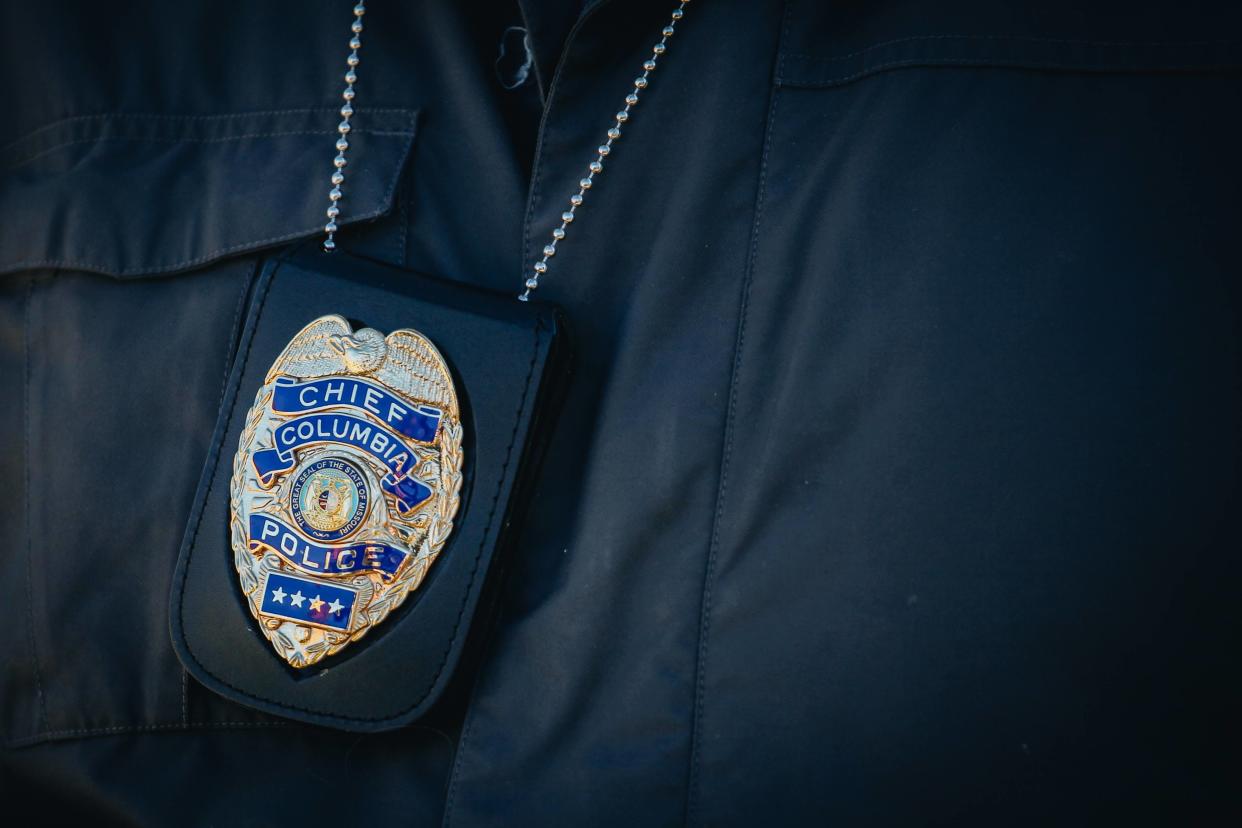Police union calls review board ordinance passed by council a subversion of state law

Columbia's Citizens Police Review Board requested the drafting of an ordinance in February that ensures the board has time to evaluate appeals from police complaint investigations.
The ordinance passed Tuesday through a vote of the Columbia City Council, but still could see future changes as the review board assesses its operational model.
The ordinance — originally slated for approval on the consent agenda — was pulled from there and placed on the old business agenda following public and council requests prior to Tuesday's meeting.
There was a hope the ordinance would be tabled, but that motion from Fifth Ward council member Matt Pitzer failed in a 4-3 vote, with only Third Ward council member Karl Skala and Mayor Barbara Buffaloe joining Pitzer. When the vote for passage proceeded afterward, all but Pitzer voted in favor.
Language in the ordinance allows up to 75 days for the review board and city manager to evaluate appeals from a police internal investigation.
The ordinance language doesn't require Columbia Police Chief Geoff Jones to automatically seek investigative extensions as allowed in SB 26, signed in July 2021 by Gov. Mike Parson, and in an ordinance adopted in August 2021 by the city council, said Nancy Thompson, city attorney. It does in a practical sense, however, she added.
Without an extension, internal investigations potentially would have only 15 days if everything were to happen within the original 90-day window — the investigation, appeal and review board evaluation. Each complaint and investigation is different, and if there is no appeal, then needing the max of 75 days for review is moot, Thompson said.
Jones can seek up to two 60-day extensions, unless there is an ongoing criminal investigation. In that case, there is no limit on seeking extensions.
SB 26 limits internal investigative windows for complaints to 90 days unless an extension is requested by the police chief. If the officer under investigation does not consent to the extension, it then goes to a hearing with the city manager to determine if there is just cause to grant an extension, per the city code.
The ordinance is trying to mesh review board evaluation protocols with what the city code says, Thompson added.
"When we started looking at the particular provisions in the city code related to the (review board), there are a lot of time frames," Thompson said. "If you don't have an (internal investigation) extension, you don't really have the possibility for the review board to do its review, or for the city manager to do his review if there is an appeal to the city manager."
Review board member December Harmon called the ordinance a Band-Aid, while Don Weaver, general counsel for the Columbia Police Officers' Association, characterized it as a subversion of state law.
"SB 26 was designed to make sure citizens did not have a voice. It was intended to keep citizens from being able to make complaints," Harmon said, adding complaint processes around the U.S. take 120 to 240 days on average, based on her review of police complaints from other municipalities.
Harmon pushed for this ordinance because the window in which a person could file an appeal potentially would end at the 90-day mark, effectively excising citizen review from the process. Harmon also is pushing for a review board model change as was discussed at the June 8 review board meeting.
Weaver was among those pushing for a tabling of the review board ordinance.
"Until we can figure out what is going on and get a handle on the issue, we need a broader community conversation," he said, adding an assertion that there is a "coordinated effort to implement a radical, extreme model of civilian oversight."
First Ward council member Pat Fowler pushed back against this assertion, asking how a broader conversation would look. It is to get clarity on the review board's purpose, Weaver said.
"I take great exception to some of the remarks you are making. Yes, we do need to have a broader conversation. ... I was not collaborating with anyone. I explained to you that I believed the CPRB was having a discussion and you were sowing chaos into that discussion," Fowler retorted.
Buffaloe cut Fowler off to return discussion to the ordinance.
"The conversation today is about this potential extension and to keep our conversation relevant to that and then obviously know we need to have a bigger conversation," she said.
Charles Dunlap covers local government, community issues and other general subjects for the Tribune. You can reach him at cdunlap@columbiatribune.com or @CD_CDT on Twitter. Please consider subscribing to support vital local journalism.
This article originally appeared on Columbia Daily Tribune: Review of police complaints allowed more time under new ordinance

